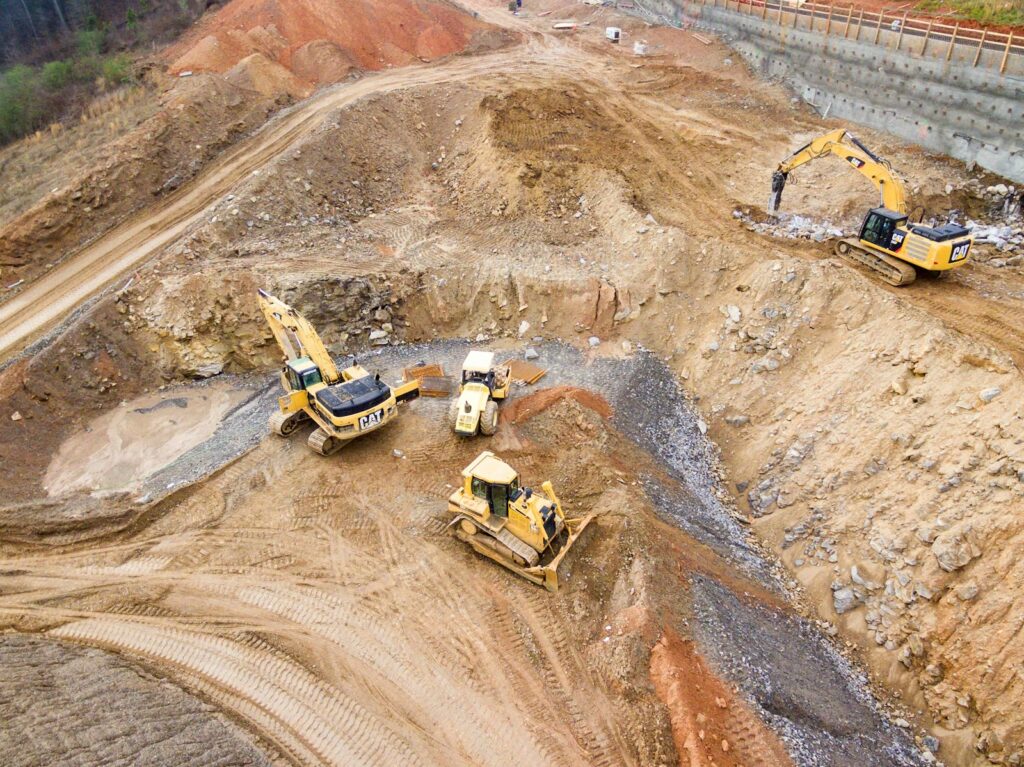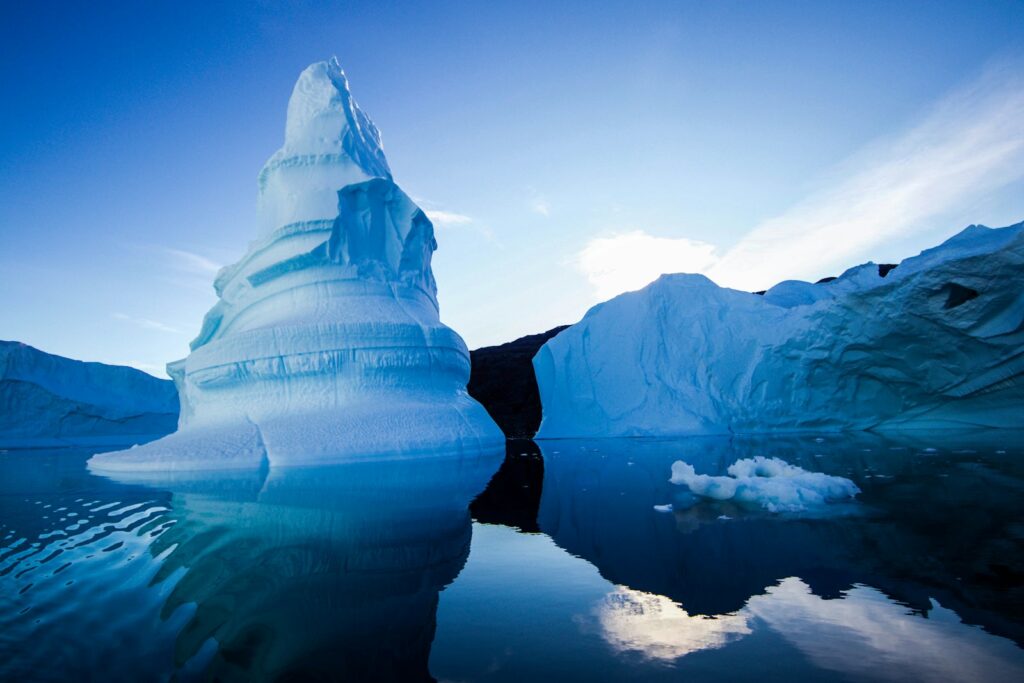Climate change is amplifying the impacts of extreme weather events, according to a report published by the Energy and Climate Intelligence Unit (ECIU).
Nearly 80% of studies published in five years since the conclusion of the Paris climate summit found that climate change played a role in amplifying extreme weather events, either in making them more likely to occur or more damaging when they did occur.
Although health or economic impacts are known for fewer than half of these events, the documented damage amounts to many thousands of deaths, tens of billions of dollars in economic harm and a threat to the food supply for many millions of people.
ECIU Director Richard Black said: ‘Five years ago it was common to hear people say that no specific weather event could be linked to climate change.
‘Even then, that view was out of date – but now the science of climate attribution has come on leaps and bounds, and is detecting the fingerprints of climate change in many kinds of weather and in very continent.
‘Governments signed the Paris Agreement largely because of the increasing influence that climate change is having on our weather, and as we come up to the anniversary of the agreement, this report serves as a timely reminder of the benefits humanity stands to gain if governments deliver on it.’
Joanna Haigh, Professor of Atmospheric Physics at Imperial College London, said: ‘Ongoing advances in climate science are continuing to reveal the extent of the impact of climate change on extreme weather events and how they influence the natural world which we all rely on.
‘It is a reminder, if one were needed, of the importance of remaining committed to meeting climate targets so that we can slow and reduce the severity of the impacts of climate change. We cannot avoid all of these impacts, but leaders attending the Climate Ambition Summit this weekend would do well to bear in mind the vital consequences of their pledges.’
Photo Credit – Pixabay
















